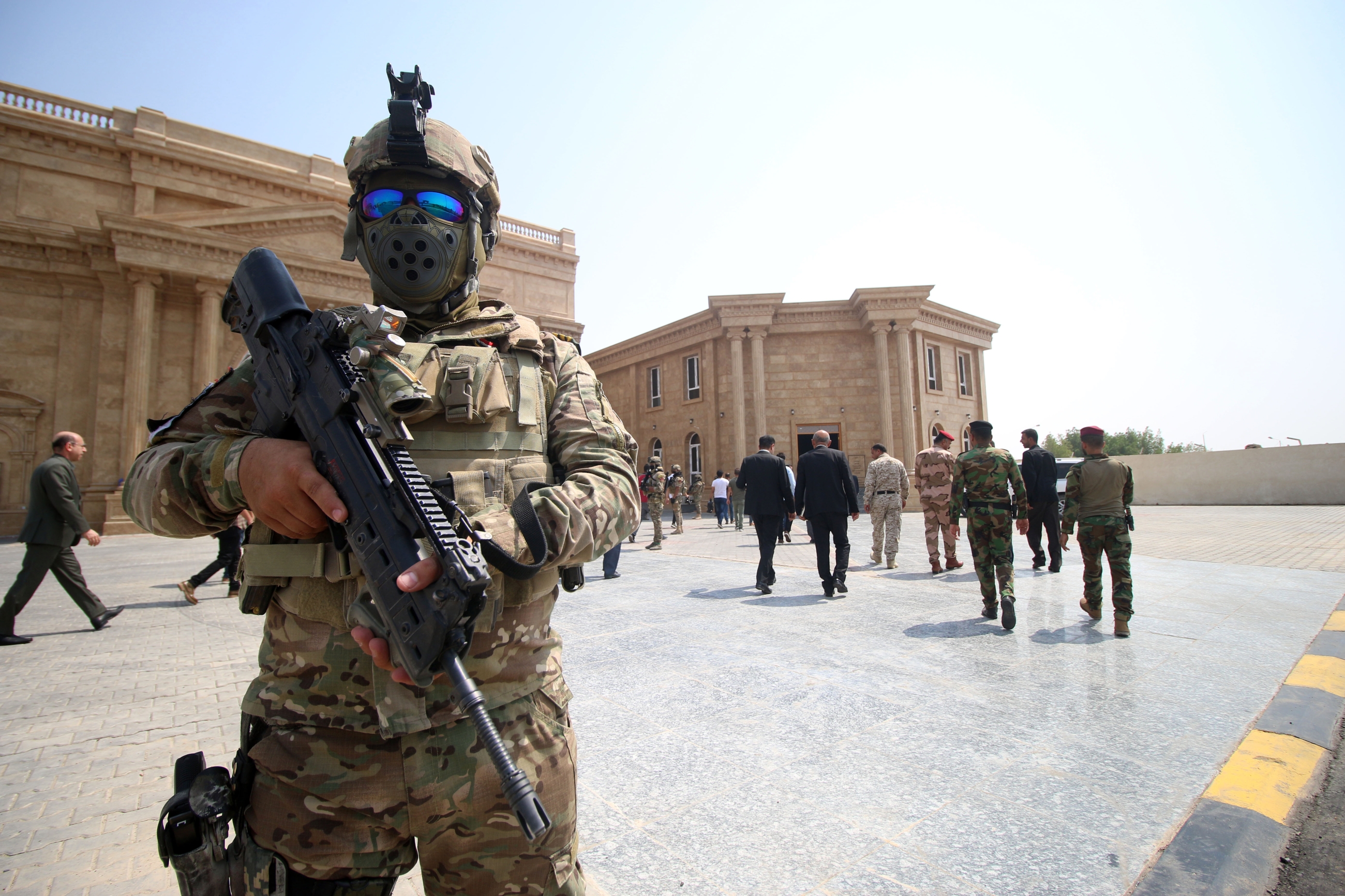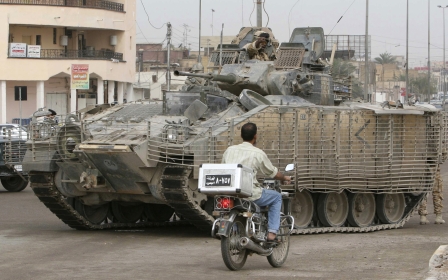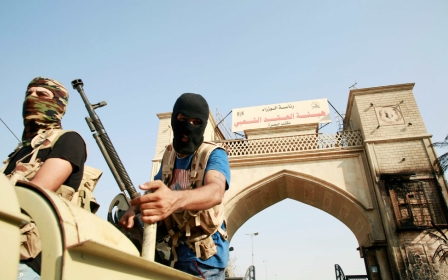Iraqi and Kurdish forces accused of torturing children linked to Islamic State

Minors suspected of links to the Islamic State group (IS) have faced torture, abuse and arbitrary detention in Iraqi prisons, according to a new report by Human Rights Group.
The organisation accuses security forces from both the Baghdad government and the Kurdistan Regional Government (KRG) of detaining and torturing children as young as 13 in order to coerce confessions from them over membership of IS.
Children, some former child soldiers or human shields used by the group in Mosul, were subjected to beatings on the soles of their feet with plastic pipes and electric cables. Many were arbitrarily detained and faced unfair trials.
Torture has been described as "pervasive" in Iraqi detention centres.
According to the report - titled 'Everyone Must Confess’: Abuses against Children Suspected of ISIS Affiliation in Iraq - by the end of 2018 around 1,500 children were being detained by both Baghdad and the KRG over suspected IS affiliation. Hundreds of children, including at least 185 foreign children, have been imprisoned on terrorism charges.
New MEE newsletter: Jerusalem Dispatch
Sign up to get the latest insights and analysis on Israel-Palestine, alongside Turkey Unpacked and other MEE newsletters
Human Rights Watch pointed out that international law prohibits the recruitment of minors as child soldiers and that it was necessary therefore to view those involved with the group as victims.
"To uphold the rights of children, they should recognise children recruited by IS primarily as victims, end the detention of children solely for IS membership, and prioritise their rehabilitation and reintegration," said the report.
"Both the Iraqi and KRG parliaments should amend their counter-terrorism laws to end the criminalisation of membership in terrorism organisations for children under the age of 18."
Many of the arrests made are based on circulated “wanted lists” collated from other suspects. HRW said that many of those targeted by such lists have only tangential relationships to the group - if any - and often included those involved in menial work in Mosul, such as cooking and cleaning.
Relatives of IS members were among those listed and later arrested, a move regarded by the UN Human Rights Committee as an "egregious" form of arbitrary detention. Others ended up on lists as a result of personal grievances.
According to a senior Iraqi intelligence official speaking to HRW, thousands of IS suspects currently in custody have been arrested on the basis of incorrect information. In some cases, people were picked up for having the same name as an IS suspect.
MEE contacted an Iraqi interior ministry spokesperson over the allegations, but at time of publication had received no response.
MEE also contacted the KRG, but also received no response at time of publication.
In November 2018, HRW visited a detention centre in Erbil, the capital of Iraqi Kurdistan, and interviewed 29 youths who had been detained for alleged IS links.
At the time, HRW said 63 boys were being held at the facility, known as the Women and Children’s Reformatory, for alleged terrorism-related offences.
Of those interviewed, 17 of the 29 reported being beaten, placed in stress positions and shocked with electricity by security officials, known as Asayish, in northern Iraq in 2017 and 2018.
Since declaring victory over IS in December 2017, Iraqi and Kurdish authorities have worked to deal with the fallout from the collapse of the group's "caliphate".
Reports have described the authorities' targeting of suspected IS supporters and sympathisers as a "campaign of revenge" lacking in due process and involving collective punishment, particularly of those who remained in Mosul following the fall of IS.
Despite the crackdown, there have also been indication that IS has been making a comeback in parts of Iraq as an insurgent group, with a number of kidnappings and murders taking place.
Middle East Eye delivers independent and unrivalled coverage and analysis of the Middle East, North Africa and beyond. To learn more about republishing this content and the associated fees, please fill out this form. More about MEE can be found here.




